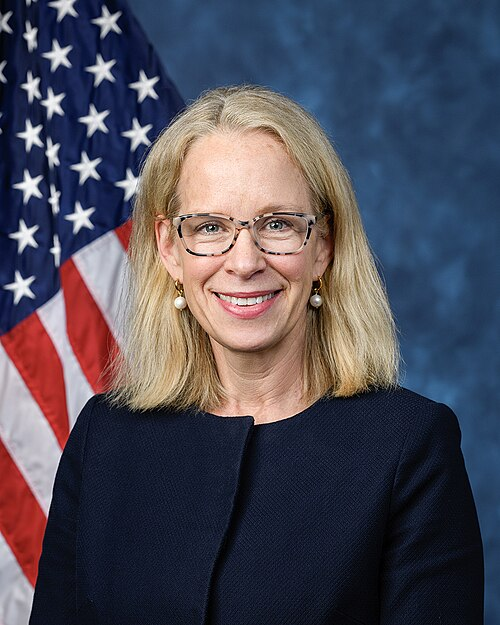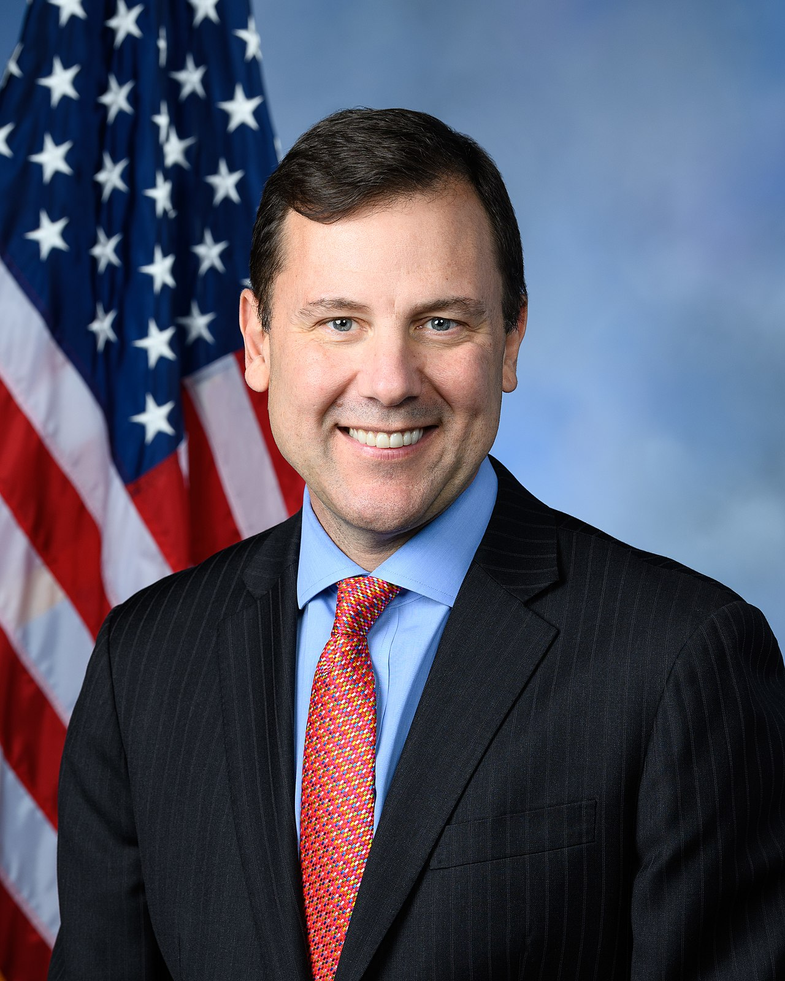H.R. 3148: Supporting America’s Leaders Undergoing Tough Expenses Act
This bill, known as the Supporting America’s Leaders Undergoing Tough Expenses Act (or SALUTE Act), aims to create a pilot program to assist certain members of the Armed Forces and their dependents with supplemental insurance coverage specifically for cancer-related expenses that are not currently covered under existing health benefits.
Objectives of the Pilot Program
The primary goal of the pilot program is to allow eligible individuals to acquire supplemental insurance that would help cover costs associated with cancer screening, diagnosis, and treatment that are not included in their standard health care benefits.
Key Features of the Pilot Program
- Establishment Timeline: The Secretary of Defense is required to establish this pilot program no later than September 30, 2026.
- Insurance Providers: The program would involve up to two insurance companies, each offering a fixed indemnity supplemental benefit plan. These plans are designed to provide benefits for specific noncovered cancer-related expenses.
- Duration of Agreements: Contracts with the insurance companies would be for a minimum of three years.
- Eligibility Requirements: The Secretary of Defense must ensure that selected companies are licensed in every state and have the necessary expertise. They will negotiate contract terms, including costs and how companies may communicate with potential users.
- Enrollment: Covered individuals (serving members of the military and their dependents enrolled in the TRICARE program) will have the option to enroll in the supplemental plans.
Information and Communication
The Secretary of Defense is tasked with providing crucial information regarding the pilot program through the TRICARE online portal, including:
- A notice about the availability of the supplemental plans.
- Instructions for how to enroll.
- Details on the benefits provided.
- The costs associated with the plans, including premiums.
Funding and Contracting Limitations
Funds authorized for this program cannot be used to subsidize the costs of the insurance plans. Additionally, the insurance companies selected for the program will not be categorized as contractors of the Federal Government.
State Law Preemption
This program will take precedence over state laws, although it will still respect state regulations regarding the licensing and financial solvency of insurance companies.
Reporting and Program Evaluation
After the pilot program has been operational for three years, a report must be submitted to Congressional committees detailing:
- The insurance products offered.
- The number of individuals enrolled.
- Feedback from participants regarding their experiences with the program.
- A recommendation on whether the program should be made permanent.
Sunset Clause
If not extended, the pilot program will automatically terminate five years after its enactment unless deemed necessary to continue by the Secretary based on the program's evaluation outcomes.
Definitions
- Covered Individual: Defined as active members of the Armed Forces and their dependents who are enrolled in the TRICARE program.
- Noncovered Expense: Any cancer-related costs that are not covered under the existing health care benefits.
Relevant Companies
- None found
This is an AI-generated summary of the bill text. There may be mistakes.
Sponsors
33 bill sponsors
-
TrackBrian Jack
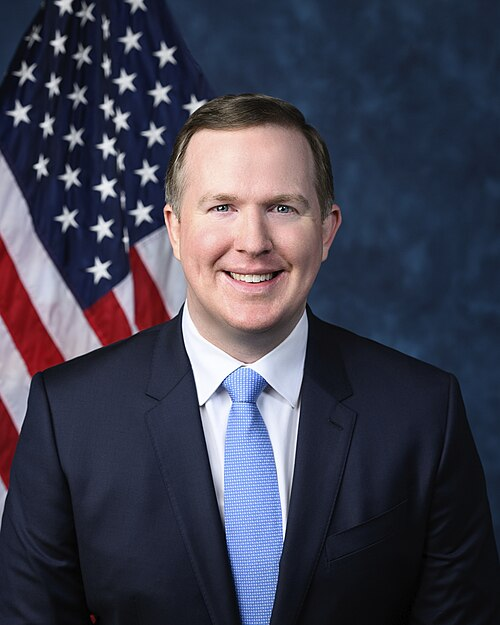
Sponsor
-
TrackRobert B. Aderholt
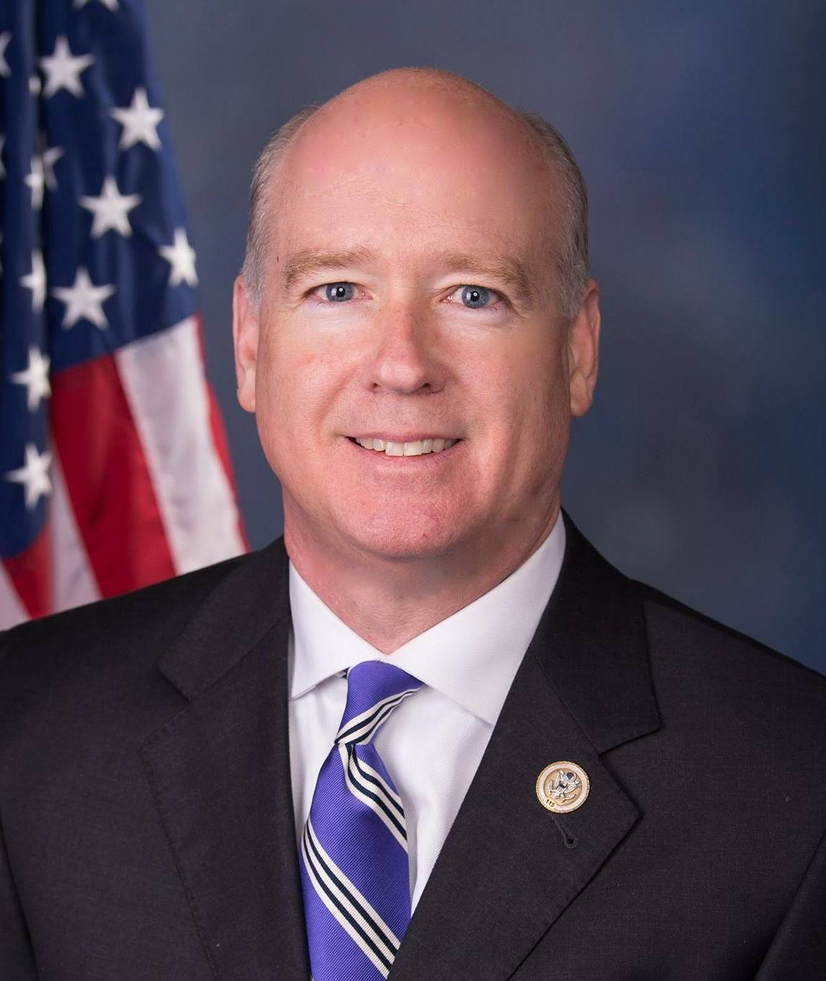
Co-Sponsor
-
TrackRick W. Allen
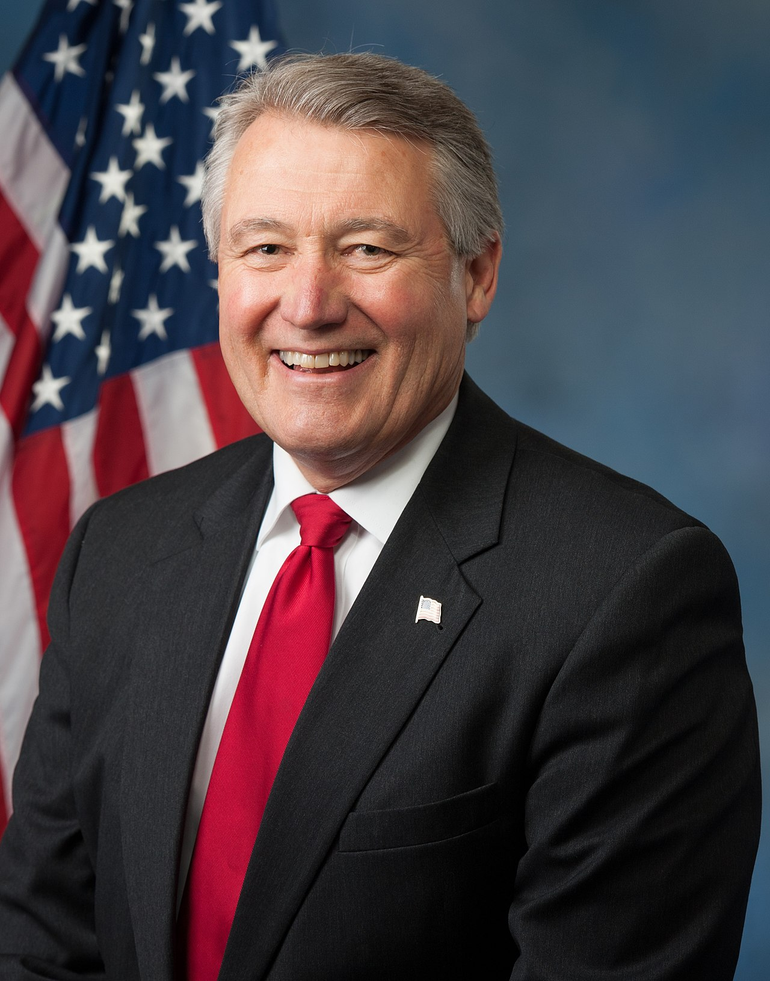
Co-Sponsor
-
TrackDon Bacon
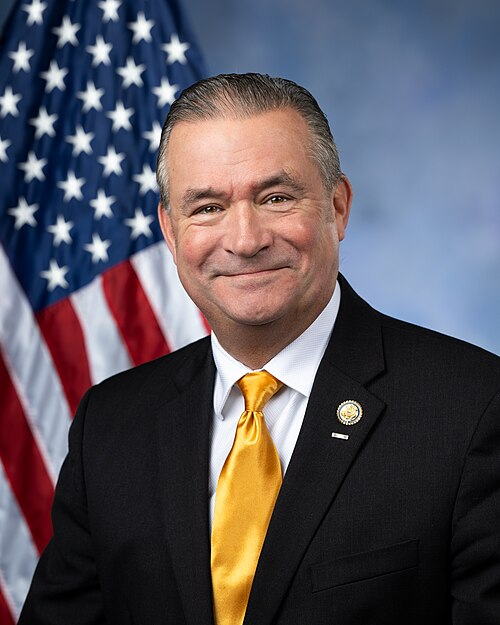
Co-Sponsor
-
TrackWesley Bell
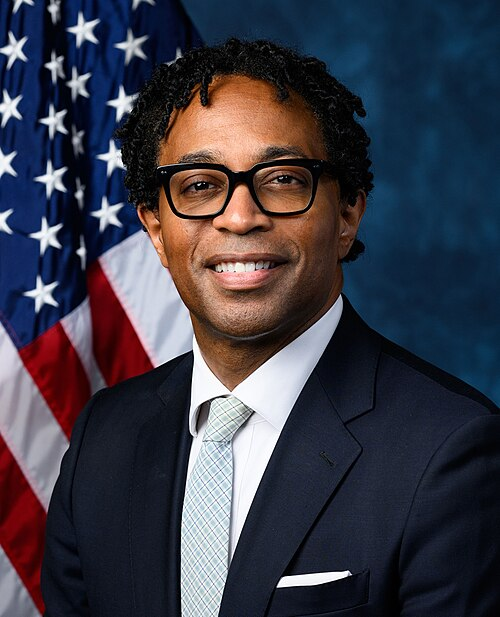
Co-Sponsor
-
TrackSanford D. Bishop, Jr.
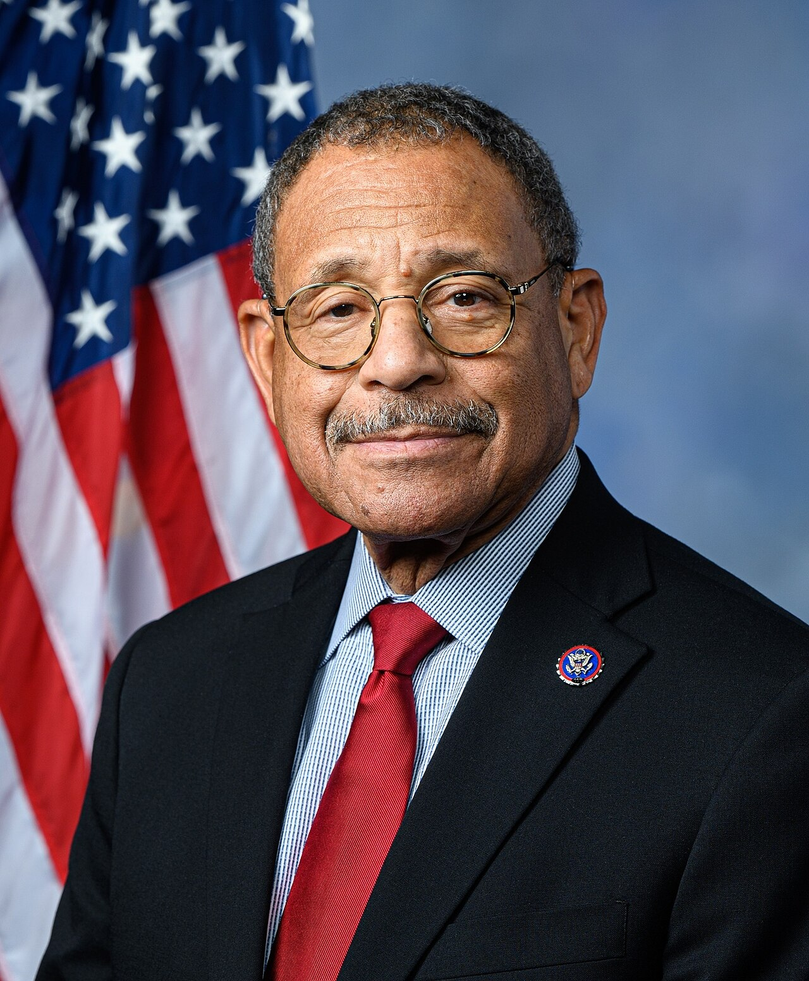
Co-Sponsor
-
TrackRobert Bresnahan

Co-Sponsor
-
TrackAndré Carson
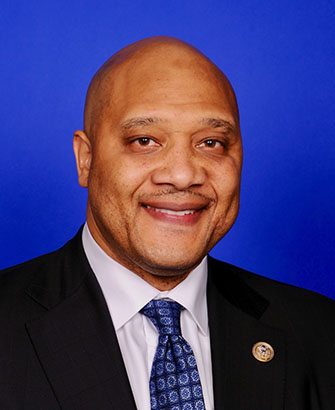
Co-Sponsor
-
TrackEarl L. "Buddy" Carter
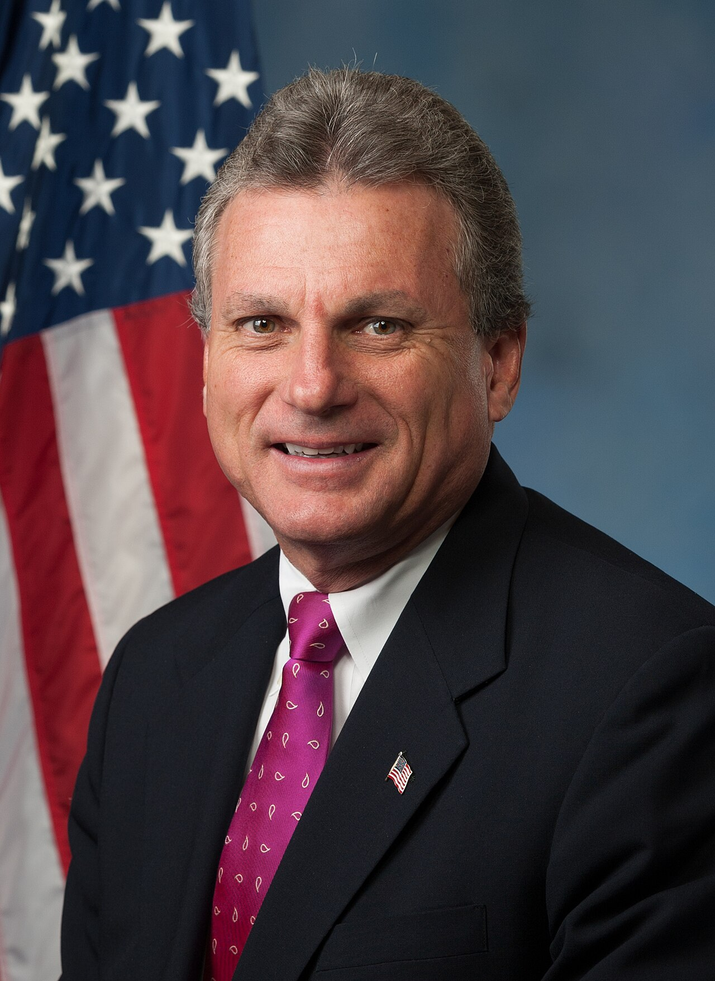
Co-Sponsor
-
TrackMike Collins
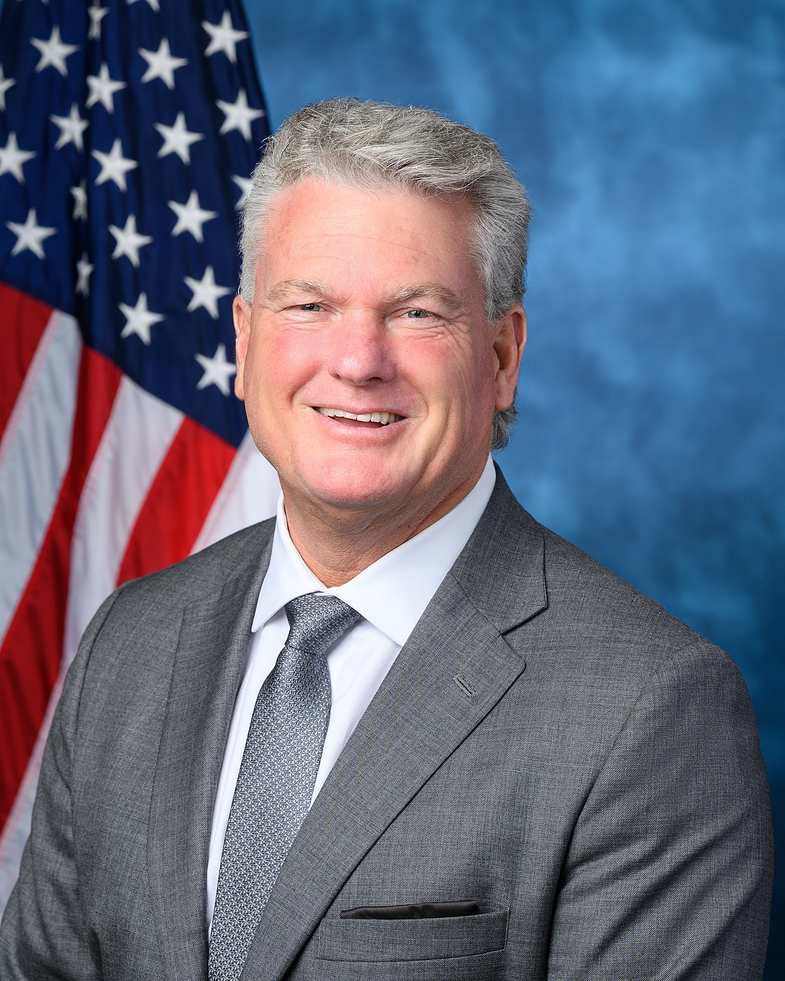
Co-Sponsor
-
TrackDonald G. Davis
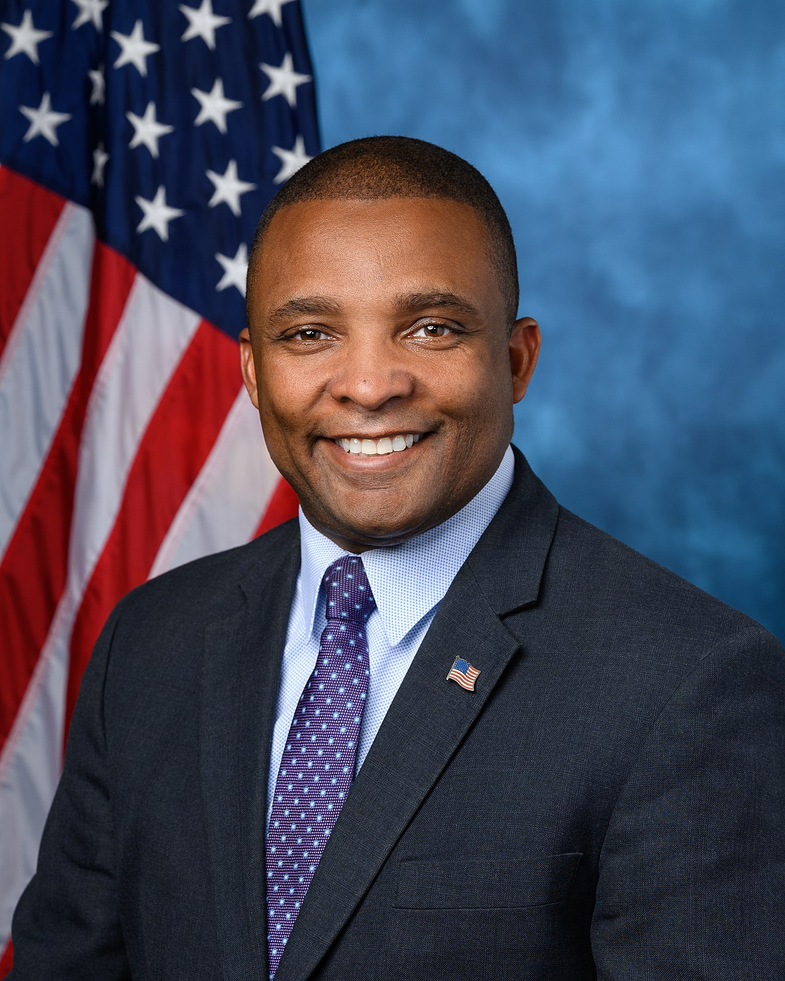
Co-Sponsor
-
TrackShomari Figures
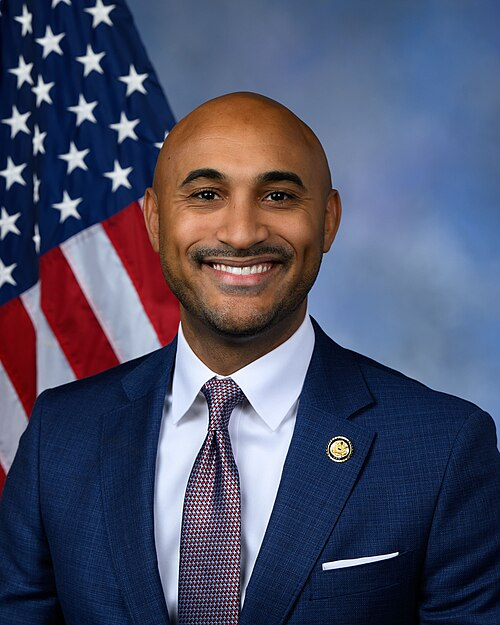
Co-Sponsor
-
TrackRandy Fine

Co-Sponsor
-
TrackBrandon Gill
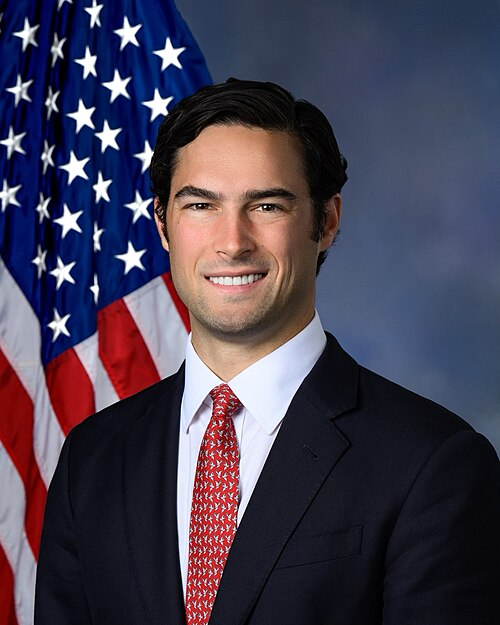
Co-Sponsor
-
TrackCraig Goldman
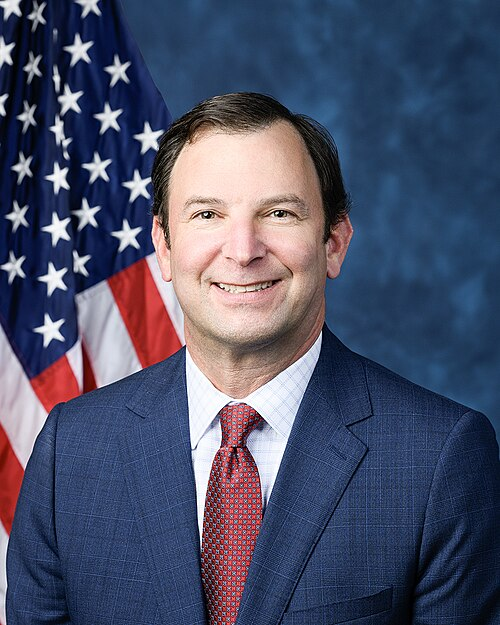
Co-Sponsor
-
TrackErin Houchin
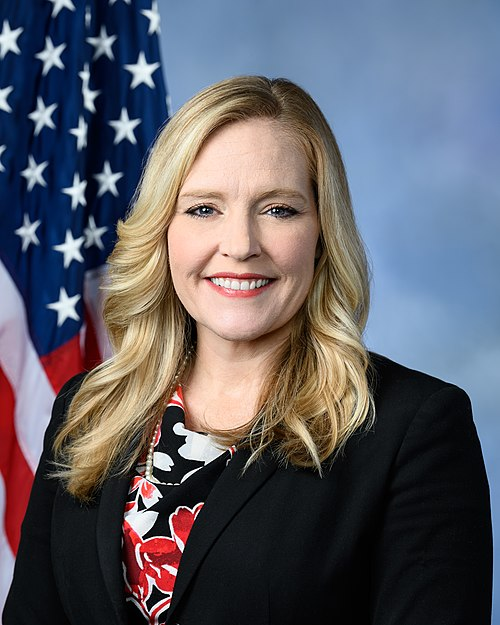
Co-Sponsor
-
TrackJulie Johnson

Co-Sponsor
-
TrackGreg Landsman

Co-Sponsor
-
TrackSusie Lee
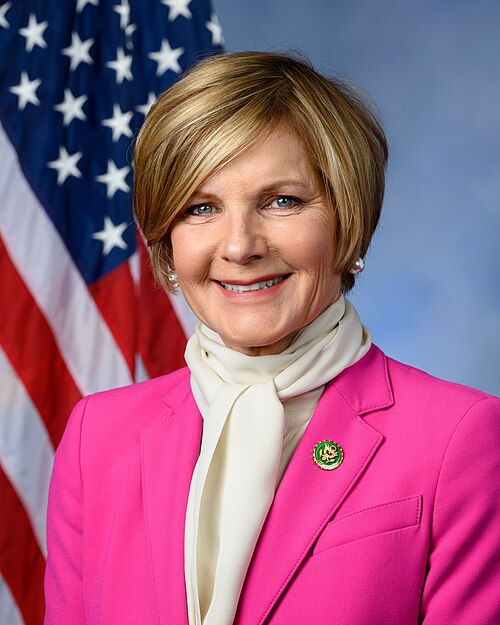
Co-Sponsor
-
TrackApril McClain Delaney
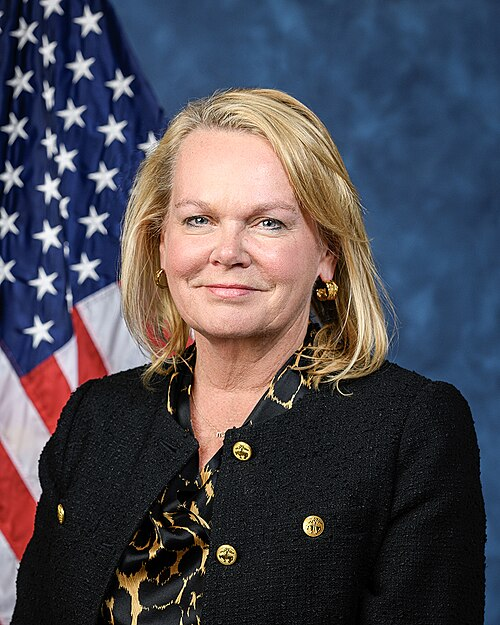
Co-Sponsor
-
TrackRichard McCormick
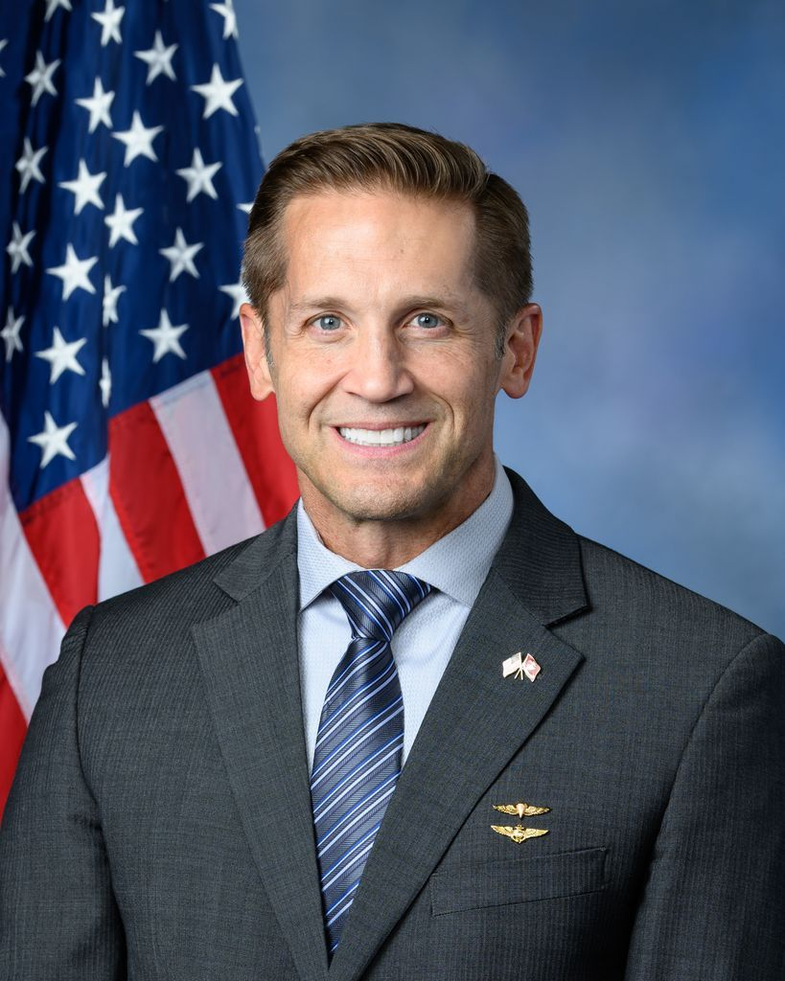
Co-Sponsor
-
TrackJohn McGuire
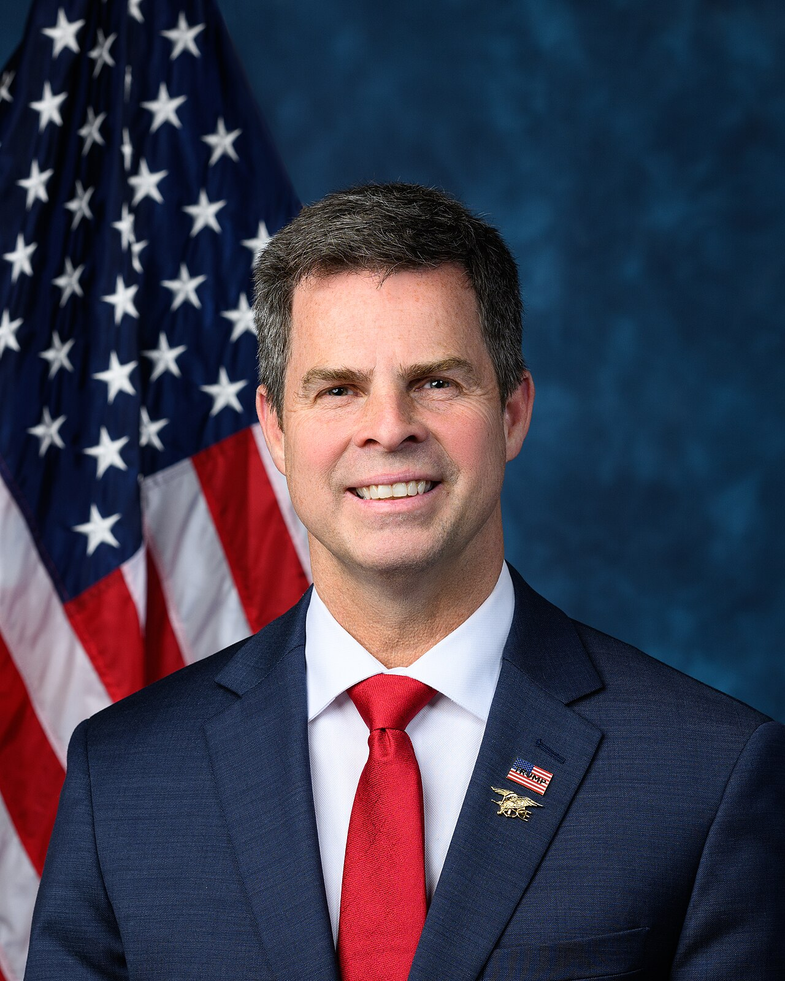
Co-Sponsor
-
TrackTim Moore

Co-Sponsor
-
TrackRiley Moore
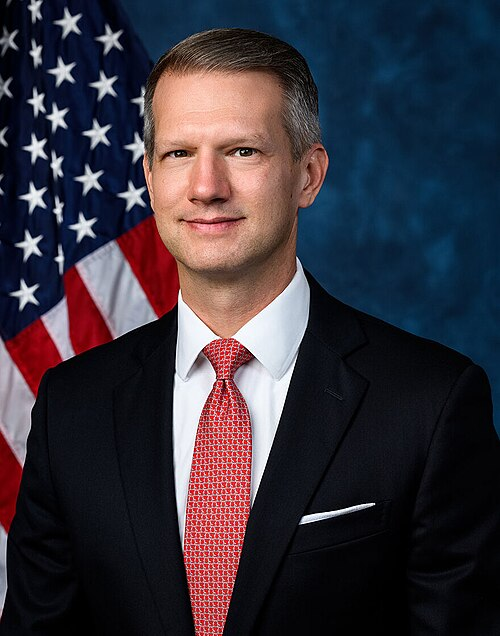
Co-Sponsor
-
TrackBarry Moore
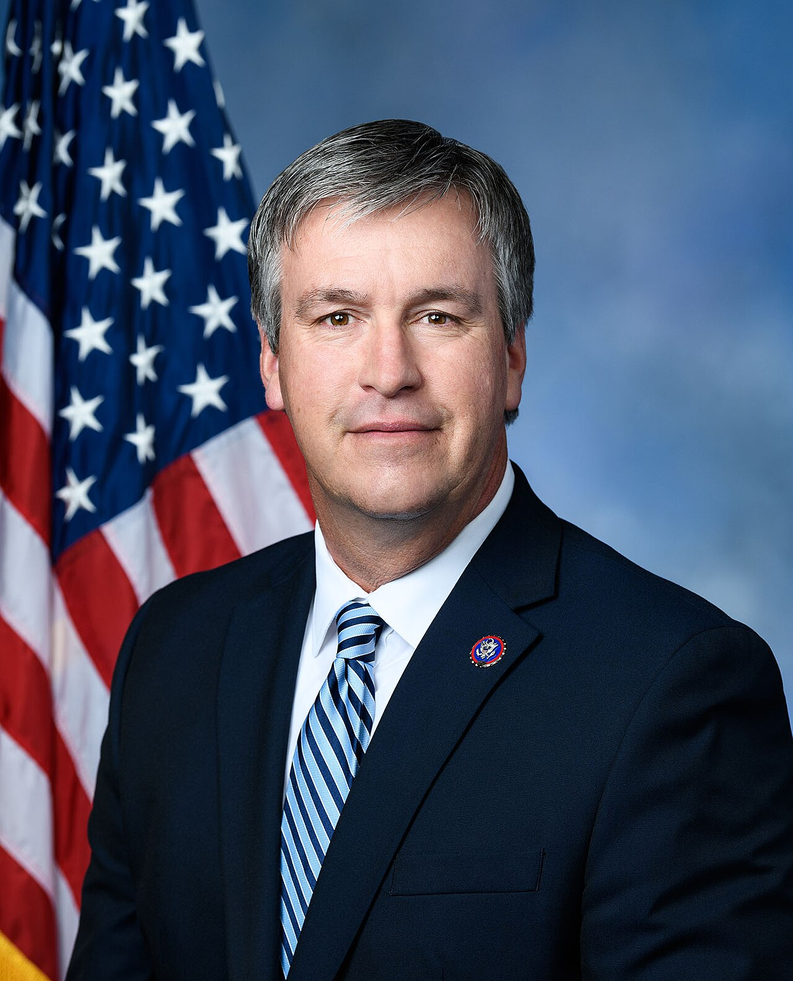
Co-Sponsor
-
TrackGary J. Palmer
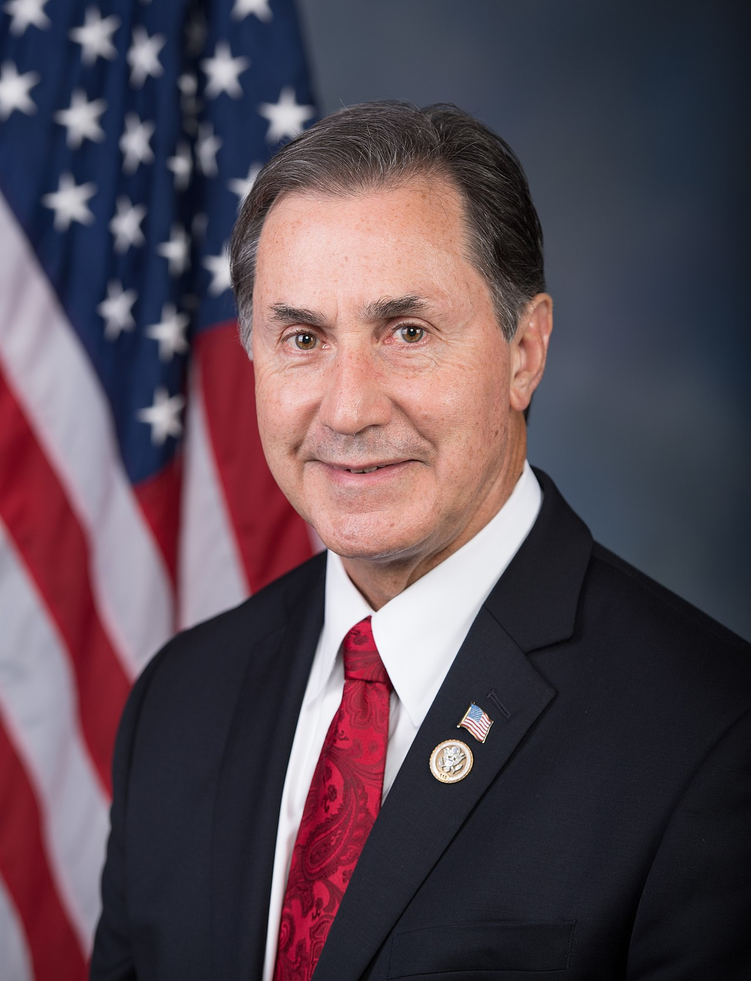
Co-Sponsor
-
TrackJosh Riley
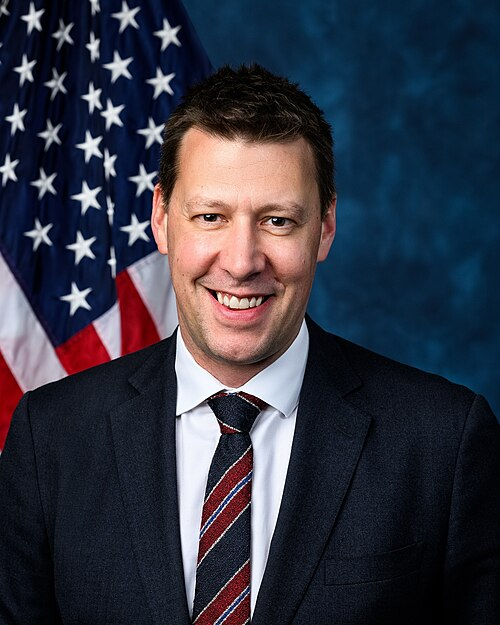
Co-Sponsor
-
TrackAustin Scott
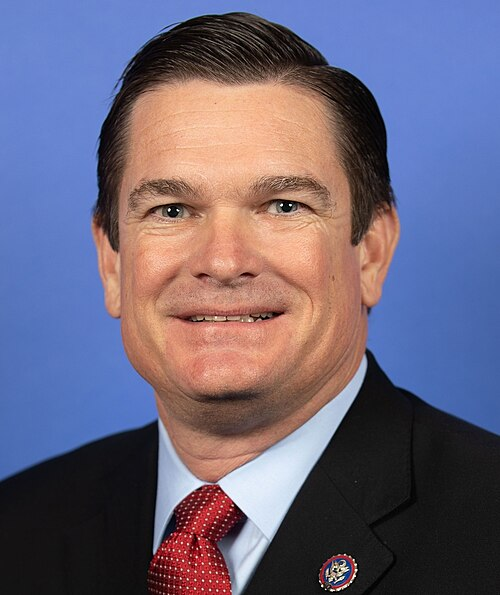
Co-Sponsor
-
TrackTerri A. Sewell
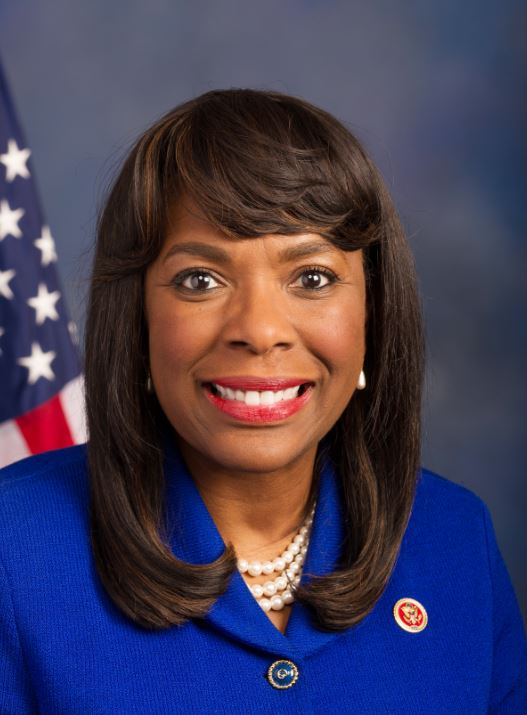
Co-Sponsor
-
TrackDale W. Strong
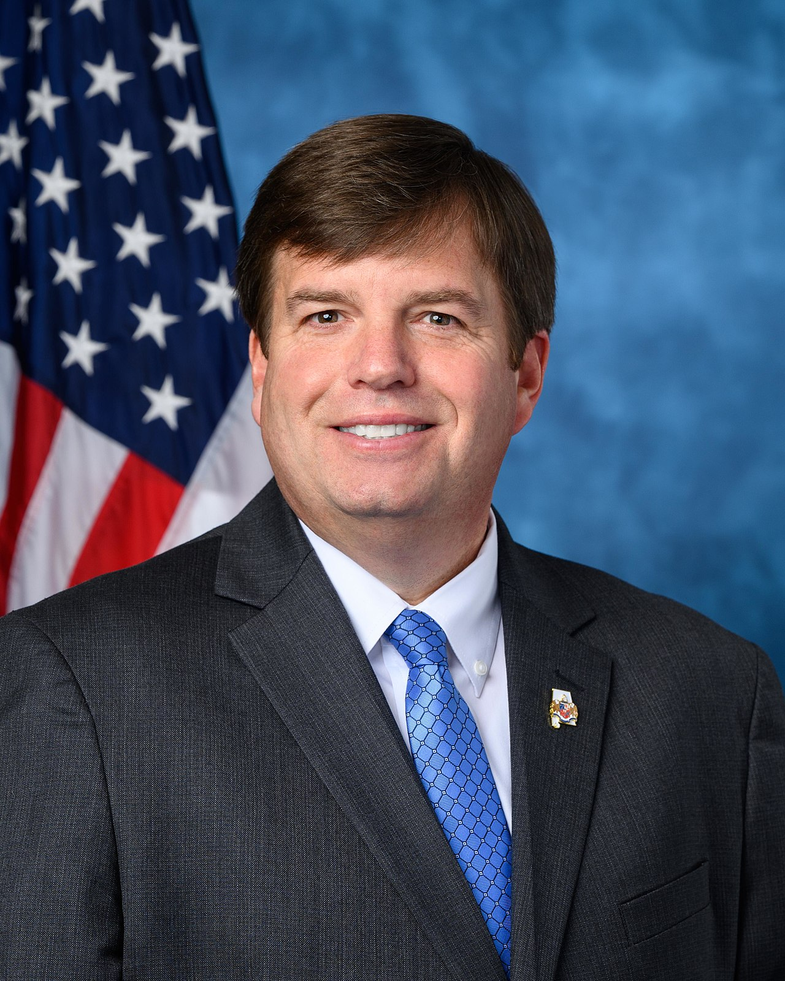
Co-Sponsor
-
TrackSuhas Subramanyam
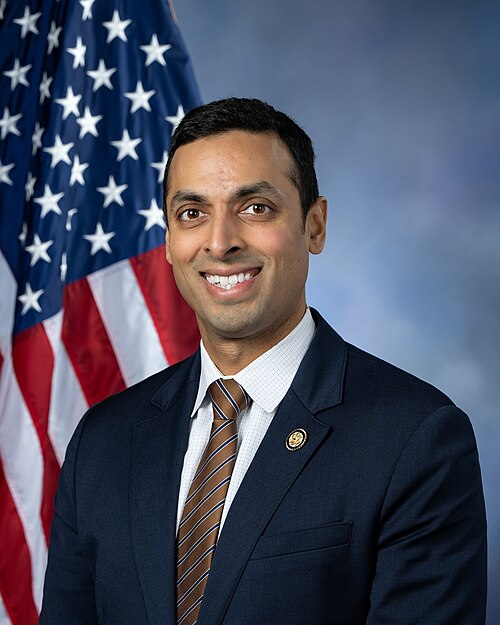
Co-Sponsor
-
TrackEugene Vindman
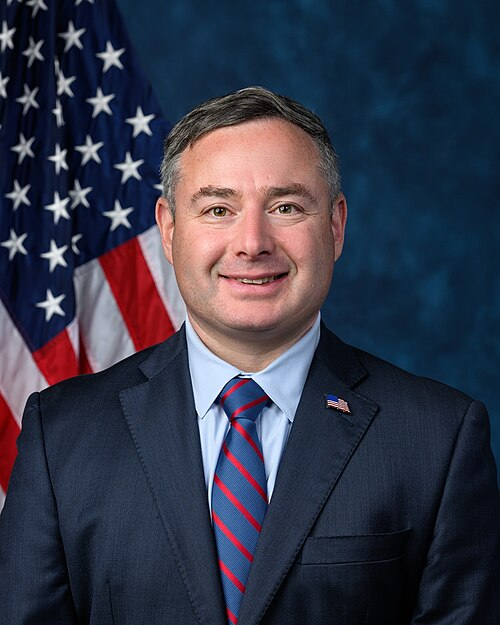
Co-Sponsor
-
TrackAnn Wagner
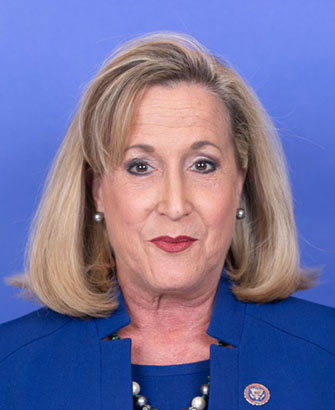
Co-Sponsor
Actions
2 actions
| Date | Action |
|---|---|
| May. 01, 2025 | Introduced in House |
| May. 01, 2025 | Referred to the House Committee on Armed Services. |





